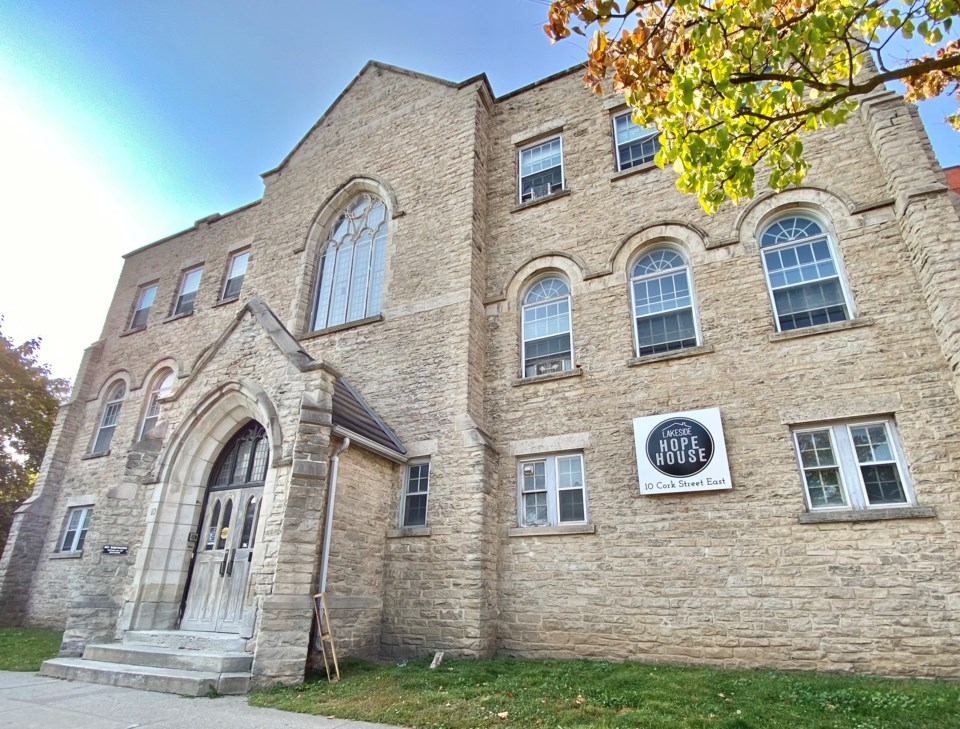Guelph will get a history lesson this month at an event hosted by HOPE House on local Indigenous history.
“In the age of reconciliation, everyone wants to talk about reconciliation, well recognize the treaty holders, the land holders,” said Darin Wybenga, traditional knowledge and land coordinator for the Mississaugas of the Credit First Nation who will be delivering the talk.
Treaty 3, also known as the Between the Lakes Treaty of 1784, encompasses Guelph. The Mississaugas of the Credit First Nation have held the land for a very long time but before them, there with the Haudenosaunee.
“People don’t realize that now but we’ve never left our territory,” said Wybenga. “We were all trading in beaver pelts in the European fur trade.”
Wybenga said the Mississaugas were people who moved with the seasons so everything they had to bring had to be light. An example of this is the birch bark pots they had to cook with. This is unlike the Haudenosaunee who lived in log houses and stayed put for many years.
There aren’t any archaeological artifacts people can find from the Mississaugas because they didn’t move around with much.
“Unless you go to the River Credit, that’s our mission village and that was established in 1824,” said Wybenga.
As a former teacher, Wybenga said every school district should learn about local Indigenous history.
“For better or worse we’ve had to learn a lot about the settlers in order to survive, but I don’t think that’s been reciprocated,” he said.
"I find this is an opportunity for us to get our story out there too. Most people just won't know it."
Wybenga said he does like the land acknowledgement many people say at the beginning of an event. "People have started to recognize that they're on First Nations land."
The HOPE House event is on Saturday, April 23, at 2 p.m. by donation.
Sign up for the event here.
